Mandy Carter, a long-time black lesbian activist and community organizer, was born in 1948 and raised in the orphanage and foster care systems in upstate New York. She spent her early childhood in the Albany Children’s Home before a period with a black foster family that owned a farm. Leaving the foster family at age 12, she lived at the Schenectady Children’s’ Home. Mandy appreciated the stability of life at the home and thrived at Mont Pleasant High School. She was a top student and was the only black cheerleader in the school. When her social studies teacher invited a guest speaker from the American Friends Service Committee (AFSC), the Quaker peace and justice organization, Mandy was immediately drawn to their ideals. She subsequently attended a week-long AFSC summer work camp which exposed her to Civil Rights work in the South and had a strong influence on her life as an activist.
Mandy aged out of the children’s home after graduating from high school in 1967. However, the state would have paid her expenses to study at Hudson Valley Community College. The prospect of further education was appealing, but Mandy felt drawn to engage in the activism of the day—Civil Rights and anti-Viet Nam War. So she went to New York City and explored the diverse elements of that city. She ended up finding lodging and work at Timothy O’Leary’s League for Spiritual Discovery.
During high school Mandy had noticed feelings of attraction toward women and did library research to read about “homosexuality.” Mandy visited a lesbian bar in New York City. She observed that it was quite butch-femme and she didn’t feel like she fit in. However, Mandy recalls that she had no momentous revelation of being lesbian, it was just who she was.
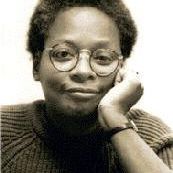 After the New York City summer, Mandy and two friends decided that the Haight-Ashbury community was the place to be, so they hitchhiked to San Francisco. Their experiences on this road trip across the U.S. provided insights into the racial injustices of the day.
After the New York City summer, Mandy and two friends decided that the Haight-Ashbury community was the place to be, so they hitchhiked to San Francisco. Their experiences on this road trip across the U.S. provided insights into the racial injustices of the day.
Once in San Francisco, she serendipitously found lodging with Vincent O’Connor, a leader of the Catholic Peace Fellowship. In December 1967, Mandy participated in an anti-Vietnam war demonstration at the Oakland Induction Center. There she was arrested for the first time for participating in nonviolent civil disobedience. She spent 10 momentous days in jail at the Santa Rita Prison Farm. Joan Baez was also jailed there which precipitated a visit by the Rev. Martin Luther King, Jr. She learned about the War Resisters League from Jane Schulman who worked at the WRL West office.
Carter began employment with War Resisters League West in 1969. She did peace advocacy and organizing in the Bay Area and in Los Angeles for several years. While she embraced Quaker principles of self-determination, peace and justice, she did not participate in organized religious activities. Although she didn’t get to meet Bayard Rustin, the two of them were among the few black leaders in the largely-white War Resisters League (WRL) and Quaker activist networks. In 1982, the WRL posted a position for a full-time organizer in Durham, North Carolina; Carter moved there and worked in that position until 1988.
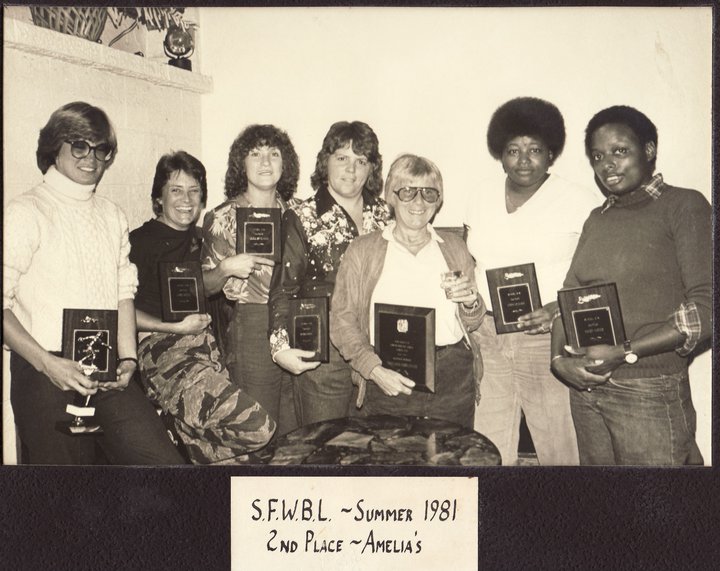 Mandy in 1981 San Francisco Women's Bowling League
Mandy in 1981 San Francisco Women's Bowling League
Carter helped the National Gay & Lesbian Task Force organize their annual Creating Change Conference in Durham in 1993. There she and five colleagues founded Southerners On New Ground (SONG) to integrate work against homophobia into freedom struggles in the South. Carter served as executive director of SONG for almost four years.
Mandy started her own consulting business in which she drew upon her community organizing expertise to support other organizations and to speak at conferences and public events. She served as campaign manager for North Carolina's Senate Vote '90 and Mobilization '96 political action committees. In 2000, she headed up the Florida Vote/Equal Voice, a nonpartisan, statewide voter empowerment campaign. Additionally, Carter was a four-year (1996-2000) North Carolina member-at-large of the Democratic National Committee (DNC), and a member of both the DNC Gay and Lesbian Caucus and the DNC Black Caucus. She was a delegate at the 2000 Democratic National Convention, as well as one of the four co-chairs for the daily meeting of the DNC Gay and Lesbian Caucus.
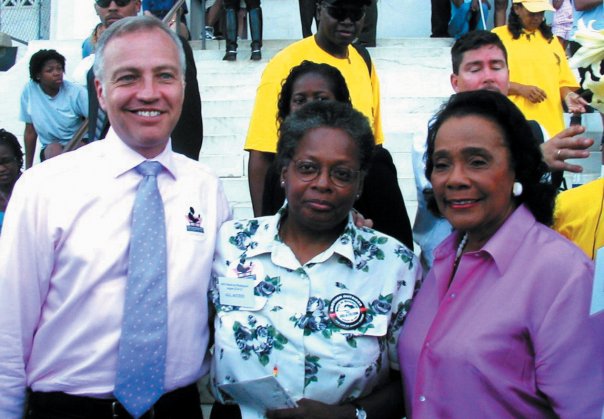 with Matt Foreman and Coretta Scott King 2003
with Matt Foreman and Coretta Scott King 2003
In 2003, Carter and Matt Foreman, then executive director of NGLTF, were the two official LGBTQ speakers at the Lincoln Memorial Rally marking the 40th anniversary of the 1963 March on Washington for Jobs and Freedom. They spoke in honor of Bayard Rustin, the gay black activist who was the primary organizer of the 1963 march. Also that year Carter co-founded the National Black Justice Coalition, (NBJC), a national civil rights organization dedicated to the empowerment of Black lesbian, gay, bisexual, transgender, and same-gender loving people to racism and homophobia. She has headed up NBJC’s Bayard Rustin Commemoration Project.
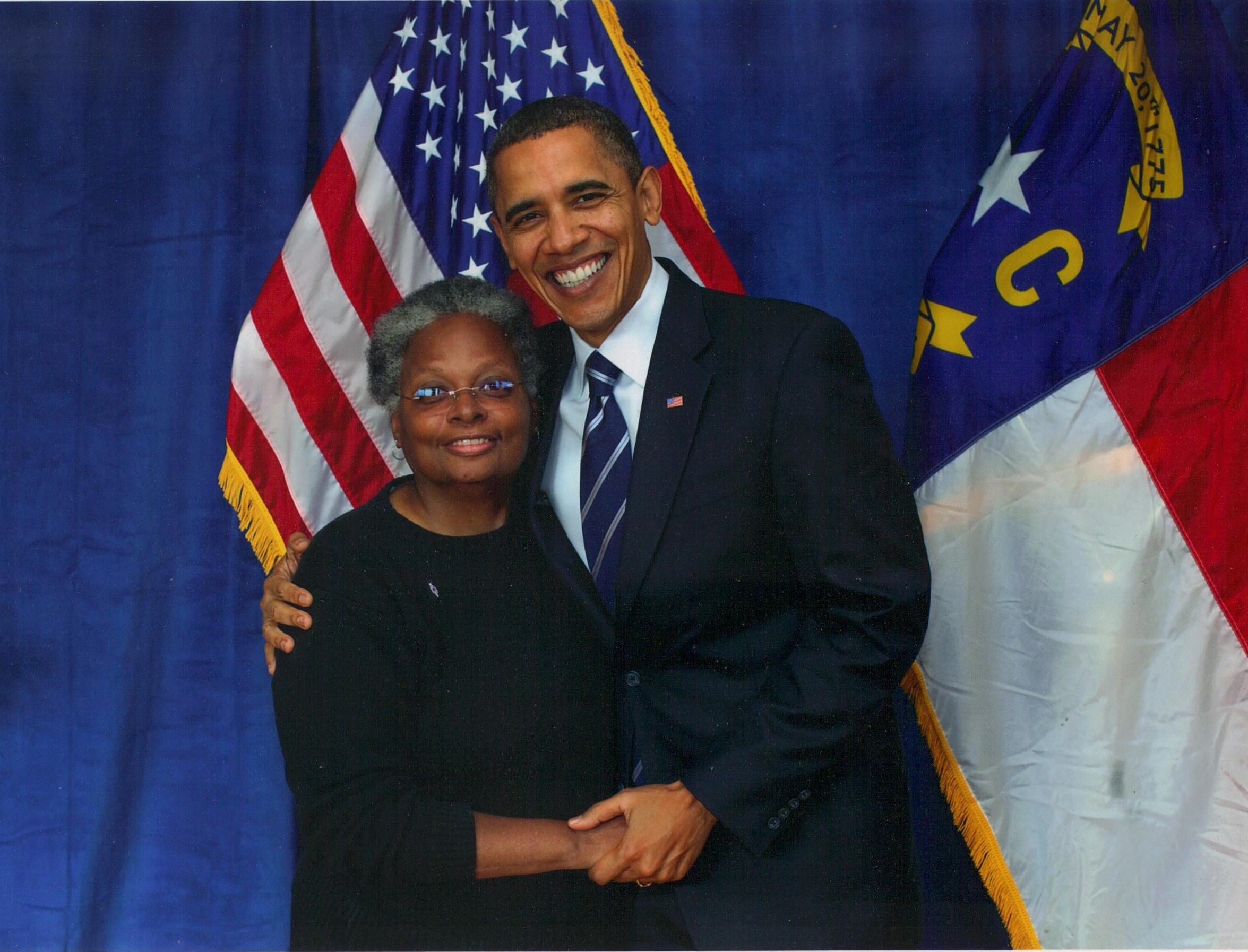
Carter was one of the five National Co-Chairs of Obama LGBT Pride, the LGBT grassroots infrastructure for Barack Obama's 2008 presidential campaign. She focused on organizing grassroots networks, especially people of color throughout the South.
Carter has been the recipient of numerous honors and awards. She was nominated for a Nobel Peace Prize in 2005 as part of the “1,000 Women for the Nobel Peace Prize” campaign. That project included a book about the 1,000 peace women, an interactive online platform, and a traveling exhibit. Carter was given the 2006 Spirit of Justice Award from Boston's Gay & Lesbian Advocates & Defenders (GLAD) for her work on LGBT civil rights in the United States. At NGLTF’s 2008 Creating Change Conference she received the $10,000 Anderson Prize Foundation's Susan J. Hyde Longevity Award. Carter was named the American Civil Liberties Union-North Carolina’s 2011 Frank Porter Graham Award winner. She was inducted into the International Federation of Black Prides' Black LGBT Hall of Fame during the January 2012 Martin Luther King Day holiday. In 2018, Carter received the Grace Paley Lifetime Achievement Award as part of the 95th anniversary celebration of the War Resistance League.
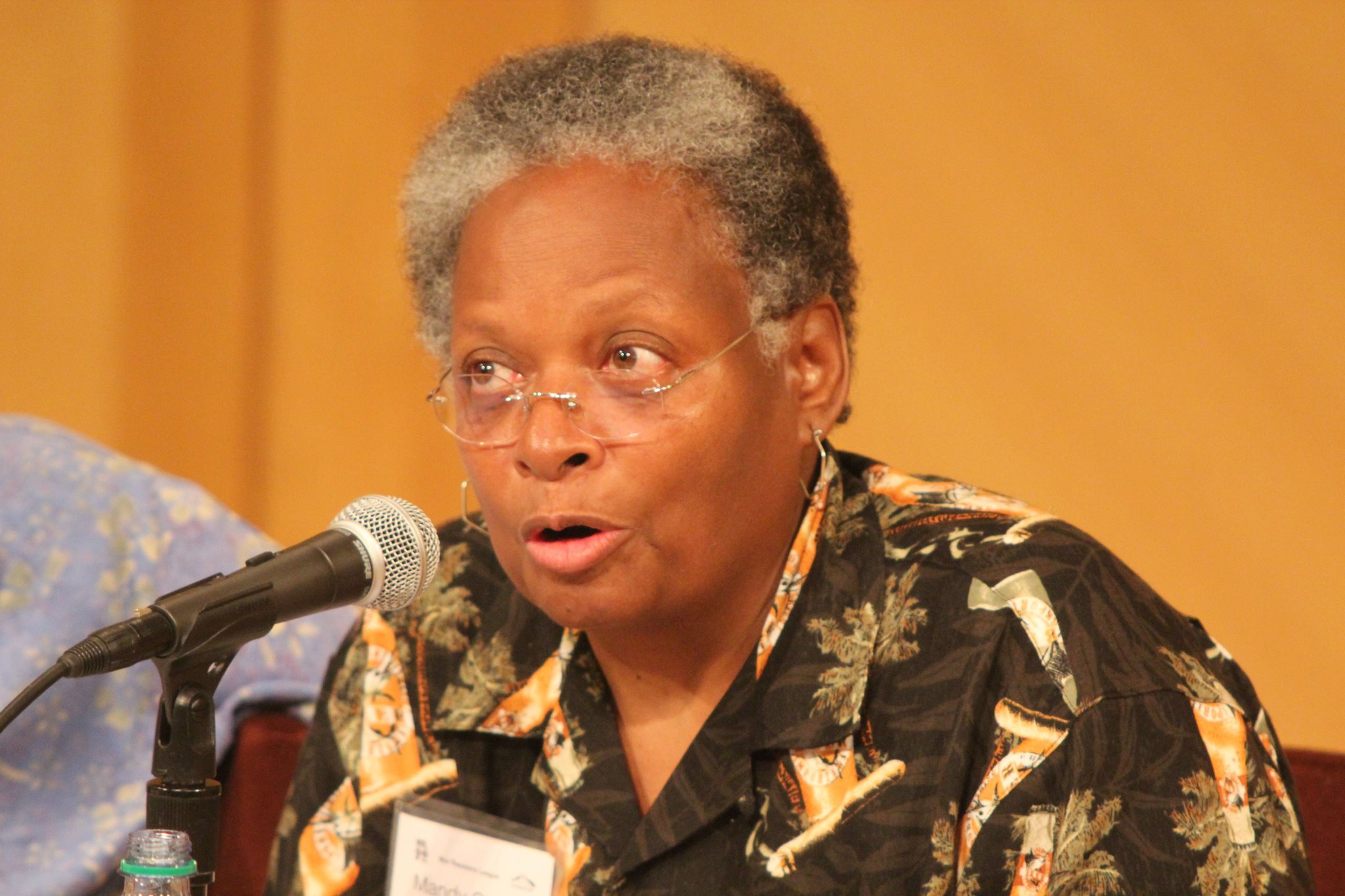 at War Resisters League 90th anniversary conference 2013
at War Resisters League 90th anniversary conference 2013
In 2012, along with Chicana historian Elizabeth "Betita" Martinez and peace activist Matt Meyer, Carter co-edited We Have Not Been Moved: Resisting Racism and Militarism in 21st Century America published by PM Press.
Multi-racial and multi-issue organizing have the hallmarks of Carter’s lifetime of work. She has worked tirelessly for social justice, sustained by the idea that one person can make a difference. She continues to live in Durham, North Carolina.
(This biographical statement written by Lynsey Allie and Mark Bowman from this interview and other Internet sources and was edited by Mandy Carter.)
Biography Date: February 2024